Premium Only Content
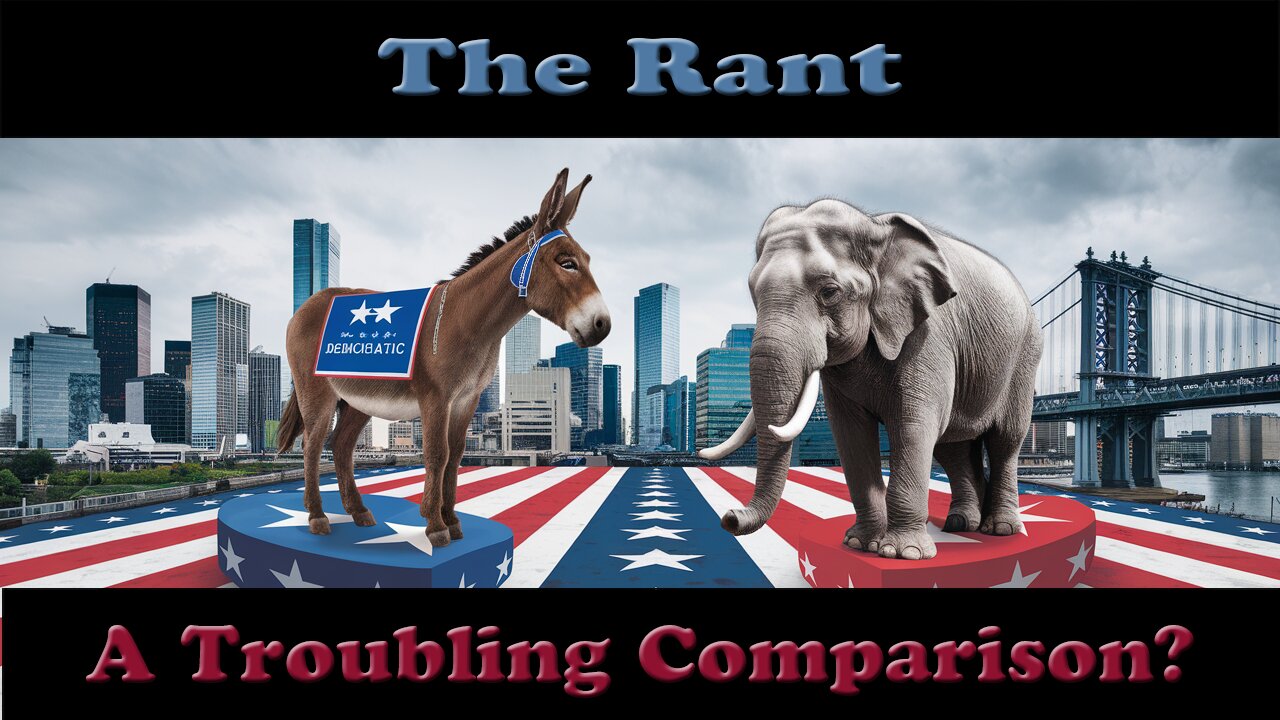
The Rant-A Troubling Comparison?
The landscape of American politics has been marred by violence at various intervals throughout its history, with two events standing out for their notoriety: the assassination of President John F. Kennedy in 1963 and the attempted assassination of then-President Donald J. Trump in 2024. While these events occurred nearly six decades apart, they share unsettling similarities that prompt reflection on the volatility of political discourse and the deep-seated divisions within American society. Both events unfolded against highly polarized political backdrops. Kennedy, a young Democratic president, faced significant opposition from conservative factions during a turbulent era marked by civil rights struggles, the Cold War, and social upheaval. His progressive policies, including civil rights initiatives and foreign policies like the Cuban Missile Crisis, drew ire from many who felt threatened by his approach. Similarly, Trump's presidency was characterized by intense partisanship. His administration's policies, including immigration reform and economic nationalism, ignited fervent opposition and highlighted societal splits. The media environment surrounding both presidents was charged, where narratives were often at odds with one another, fostering an atmosphere ripe for extremist sentiments. The methods of the attacks reflect the deep rifts in American society. John F. Kennedy was assassinated on November 22, 1963, while traveling in a motorcade in Dallas, Texas. The assassination was carried out by Lee Harvey Oswald, a seemingly lone gunman whose motives have been the subject of endless speculation and conspiracy theories. In contrast, the attempted assassination of Donald Trump took place during a rally in 2024 when a man was killed with a firearm in his possession, planning to disrupt the event. This incident, while not successful in execution, underscored the real threats faced by contemporary leaders which, like those in Kennedy's time, stemmed from unpopular ideological beliefs. The aftermath of Kennedy's assassination was a profound moment of national grief but also a catalyst for political and social change and the continued military presence in Vietnam. The shock waves reverberated through the country, leading to significant reforms in civil rights and the manner in which political discourse was conducted. In the case of Trump's attempted assassination, the public reaction was also filled with horror, further polarizing opinions on political violence. It sparked debates about the safety of politicians, the responsibilities of rhetoric, and the increasing normalization of hostile sentiments in political discourse. Media coverage played a crucial role in shaping public perception around both events. Kennedy's assassination was sensationalized and analyzed continuously, leading to a complex web of conspiracy theories that still exist today. It showcased the media's power in shaping narratives and influencing public opinion. For Trump, the narrative was driven not only by traditional media but also by social media platforms, where misinformation and destructive rhetoric could flourish unchecked. This phenomenon is reflective of a broader trend in which social media has become a battleground for ideas, often resulting in the inflaming of passions without the necessarily grounding influence of established media practices. While the contexts, methods, and consequences differ, the assassination of John F. Kennedy and the attempted assassination of Donald J. Trump illuminate a troubling continuity in American political life. hey underscore the perils of a deeply divided society, where rhetoric can spiral into violence and dehumanization of the opposition becomes commonplace. As a nation, it is imperative to learn from these historical moments, reflecting on how political dialogue can turn dangerously hostile is essential for curbing acts of violence.
Ultimately, isn’t it the shared responsibility of citizens, media, and political leaders to foster a more respectful and constructive public discourse that honors the democratic principles that underpin American society? Shouldn't we address these issues head-on so that it may help ensure that the violent chapters of our past do not repeat themselves in the future?
-
 2:52
2:52
The Rant
12 days agoThe Rant-Redirected Pay?
451 -
 10:31:05
10:31:05
Dr Disrespect
14 hours ago🔴LIVE - DR DISRESPECT - PGA TOUR 2K25 LAUNCH DAY
184K27 -
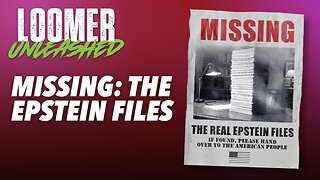 2:30:04
2:30:04
Laura Loomer
5 hours agoEP105: MISSING: The Epstein Files
56.9K17 -
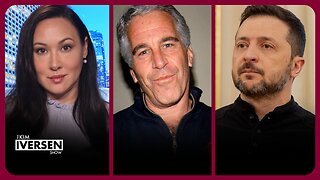 1:46:14
1:46:14
Kim Iversen
6 hours agoTrump to Zelenskyy: 'You're Gambling with World War III'
67.8K105 -
 55:28
55:28
Glenn Greenwald
8 hours agoGlenn Reacts to Trump-Zelensky Exchange and Takes Q&A from our Members | SYSTEM UPDATE #415
111K195 -
 4:26:54
4:26:54
Nerdrotic
10 hours ago $34.34 earnedMarvel PANIC MODE! Kathleen Kennedy GONE?! Hollywood DEI Dead | Friday Night Tights 342 Nick Freitas
127K35 -
 1:30:03
1:30:03
Flyover Conservatives
1 day agoZelensky Fail... God Called IT!; From Prison to the White House: Angela Stanton King’s Unbelievable Redemption Story | FOC Show
45.9K6 -
 1:06:14
1:06:14
IsaacButterfield
10 hours ago $2.00 earnedFree Speech Is Dead | Did Trump Go Too Far? | Sexist Job
41.4K17 -
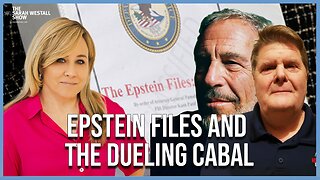 1:02:59
1:02:59
Sarah Westall
12 hours agoEpstein Files, Dueling Cabal Factions and Gold from Ancient Civilizations w/ Dave Hodges
71K18 -
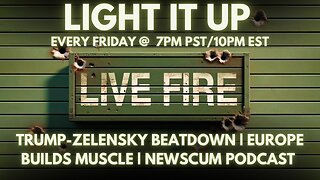 3:15:08
3:15:08
I_Came_With_Fire_Podcast
10 hours ago“Trump-Zelensky BEATDOWN | Europe BUILDS MUSCLE | NEWSCUM Podcast”
17.4K1